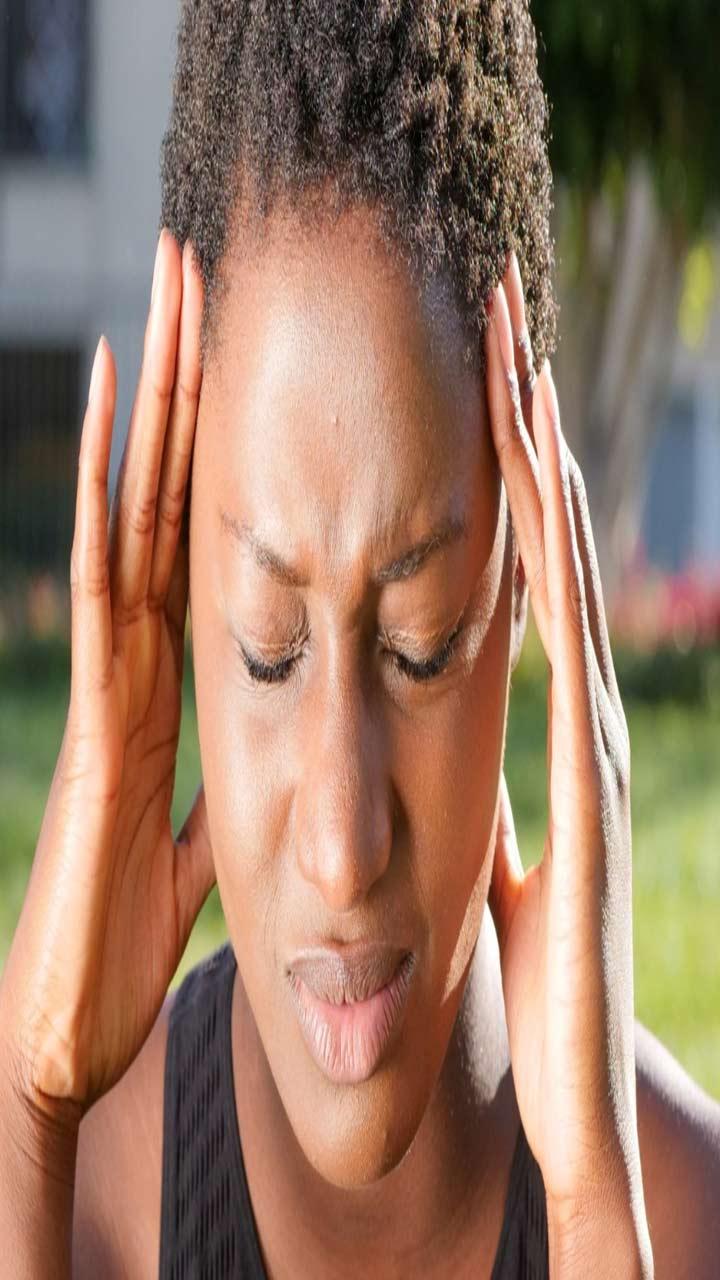

Top Migraine Triggers: Diet, Stress, Sleep, and Other Factors
Hunger: Research consistently links skipping meals to the onset of migraines. While the exact reason remains unclear, it is likely related to dropping blood glucose levels.
Source: Google
Alcohol: Alcohol is a widely reported migraine trigger, with red wine being particularly likely to cause migraines, especially in women.
Source: Google
Certain Foods: An estimated 12% to 60% of people identify specific foods as migraine triggers. Foods high in tyramine, such as chocolate, cheese, salami, soy.
Source: Google
Caffeinated Beverages: Withdrawal from caffeine can trigger headaches. Managing caffeine intake can help prevent dependence and withdrawal symptoms.
Source: Google
Dehydration: Dehydration is linked to headaches, with 27 out of 50 people in a 2008 survey citing insufficient fluid intake as a migraine trigger.
Source: Google
Sleep Disturbances: Both excessive and inadequate sleep are common migraine triggers, with insomnia being frequently associated with chronic migraines.
Source: Google
Stress: Research from Denmark indicates that a significant number of people with migraines experience attacks related to stress.
Source: Google
Hormone Fluctuations: Hormone changes can influence the onset and intensity of headaches. A study found that 54.3% are more likely to suffer severe migraines during menstruation.
Source: Google
Strong or Unusual Odors: Many people with migraines report that strong or unusual smells trigger their headaches. Osmophobia, or intolerance to smells during an attack.
Source: Google
Medication Overuse: Excessive use of pain relievers can lead to chronic migraines, transitioning from occasional episodes to a more frequent pattern.
Source: Google